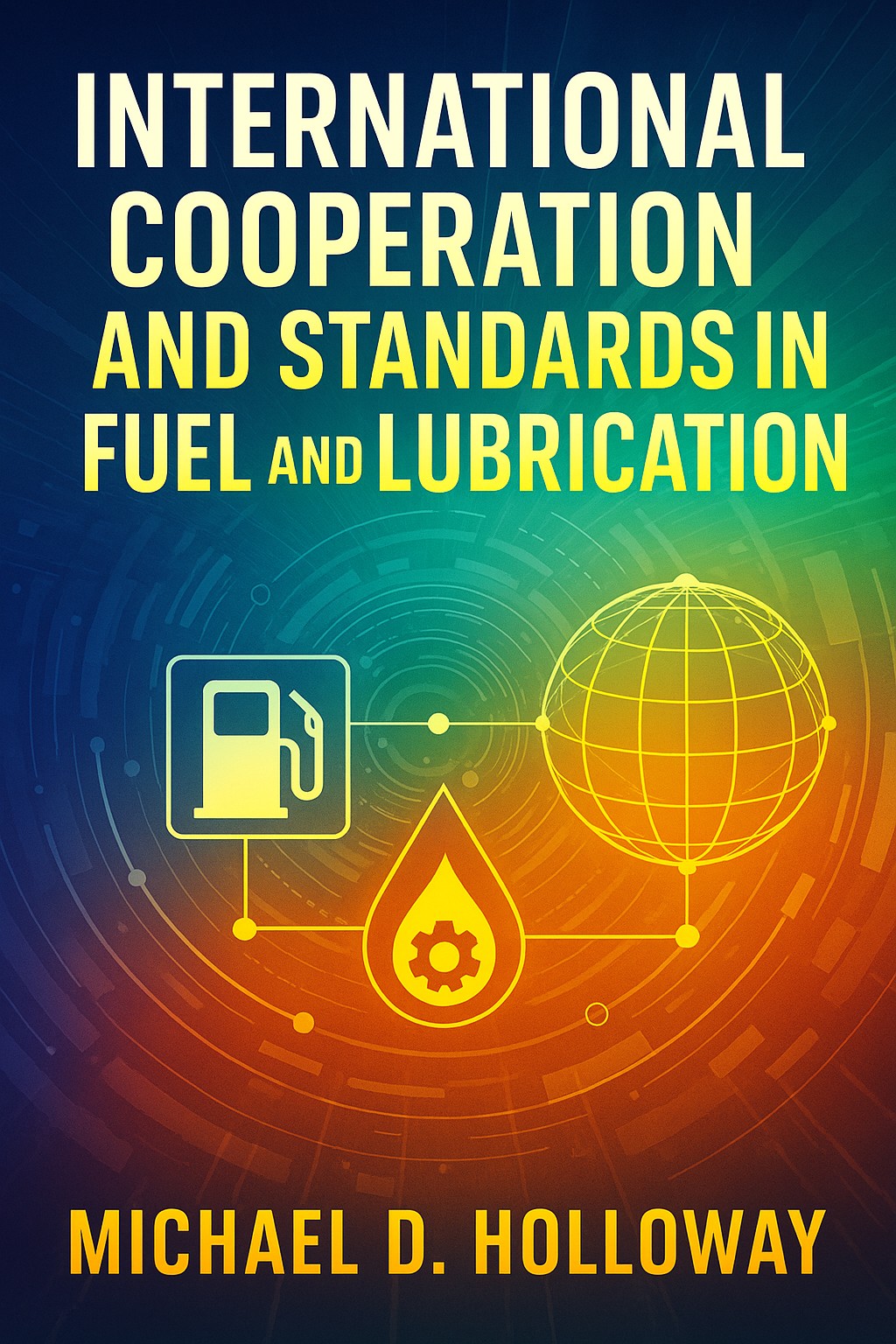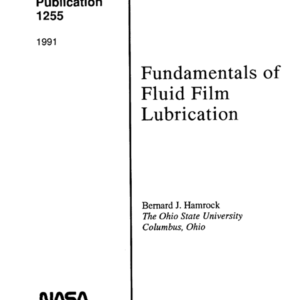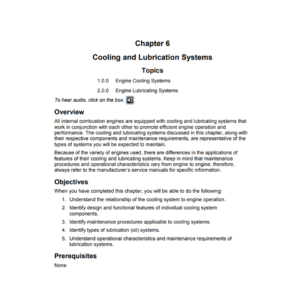Soft cover, perfect binding, International Cooperation and Standards in Fuel and Lubrication explores the critical role that harmonized technical standards play in ensuring safety, quality, environmental compliance, and global interoperability across fuel and lubricant industries. In an increasingly interconnected energy landscape, the lack of standardized definitions, test methods, and certification frameworks creates barriers to trade, threatens equipment performance, and undermines regulatory alignment. This book presents a detailed analysis of how international bodies including ISO, API, ASTM, CEN, and others coordinate with governments, manufacturers, and industry stakeholders to develop consensus-based standards for fuels and lubricants.
Through in-depth coverage of global harmonization mechanisms, sector-specific applications, and cross-sector collaborations, the book highlights how standardized methodologies improve product consistency, facilitate innovation, and ensure that new technologies like sustainable aviation fuels, electric vehicle fluids, and bio-based lubricants meet rigorous global benchmarks. It also examines how organizations like the IMO and ICAO integrate fuel and lubricant standards into environmental and safety regulations, and how Codex Alimentarius principles influence lubricant formulations used in food, agriculture, and sensitive environments.
Structured around real-world case studies and supported by policy analysis, the book identifies challenges such as economic disparity, legacy systems, and regulatory fragmentation and proposes strategies to overcome them through coordinated standard development and mutual recognition agreements. The final chapters provide forward-looking roadmaps for global standardization aligned with emerging energy transition goals, digital integration, and environmental accountability.
This comprehensive volume serves as both a technical reference and a policy guide for engineers, chemists, regulators, and sustainability professionals. It makes the case that international standards are not mere formalities, but foundational tools for ensuring resilience, innovation, and trust in the global fuel and lubrication sectors. As energy systems evolve, global cooperation in standardization becomes essential to supporting clean, safe, and interoperable technologies worldwide.
Delivery will require additional shipping costs and for addresses outside of the United States, international shipping costs vary based on destination, weight, and carrier service levels. Customers are responsible for any applicable customs duties or import taxes. Please note that international delivery may take 2 to 3 weeks, depending on local processing times and regional postal efficiency. Tracking information will be provided when available.
When making a purchase, select the US delivery or International in the resource section.




